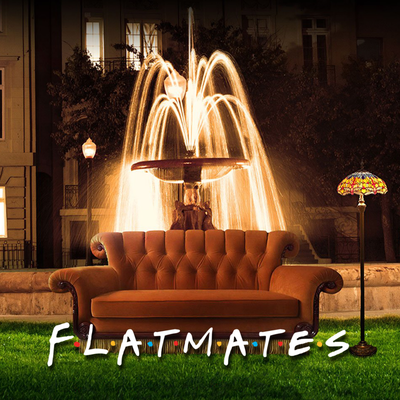Resonance Ensemble and conductor Tony Ryan delve into some of the finest if less well-known music from Bohemia, with works by Antonin Dvořák, Josef Suk and Ernst von Dohnányi.
Antonin Dvořák’s Symphony No. 7 is notably more dramatic than the more widely-known New World Symphony, and its abundance of inspired melody, colourful Slavic orchestration and expressive intensity make it one of the finest symphonies of the nineteenth century. Although the New World is probably Dvořák’s best-known work alongside his ever-popular Slavonic Dances, Serenade for Strings and Songs My Mother Taught Me, to name a few, many consider Symphony No. 7 to be one of the composer’s finest creations.
If Dvořák’s Silent Woods for solo cello and orchestra is less well-known, it remains one of his most beautiful and lyrical shorter pieces. Silent Woods has been performed and recorded by many famous soloists, and in this concert Resonance Ensemble’s wonderful principal cellist Janet Cubey joins their ranks.
Josef Suk was not only Dvořák’s favourite pupil, but he also became the older composer’s son-in-law when he married Dvořák’s daughter Otilie. Suk’s Fantastic Scherzo was written in 1903, the year before Dvořák died and, like his teacher’s music, it demonstrates a similar melodic flair as well as a wide range of colourful and spectacular orchestral effects.
Although Ernst von Dohnányi is known as a Hungarian composer, the shifting boundaries of Eastern European countries resulted in his birthplace (now Bratislava) becoming part of Czechoslovakia in 1918. Dohnányi’s 1909 ballet The Veil of Pierette contains some of his most appealing music, and Resonance Ensemble gives the New Zealand premiere of the ballet’s delightful Waltz, to complete yet another of the orchestra’s uniquely imaginative and innovative programmes.
Bohemian Rhapsody

Brought to The Piano by Resonance Ensemble

You might also like
Newsletter Sign Up
Sign up to our free mailing list for monthly chances to win a free night out for two. Better yet, you'll be right up-to-date with latest news, concerts and events.


